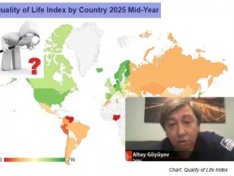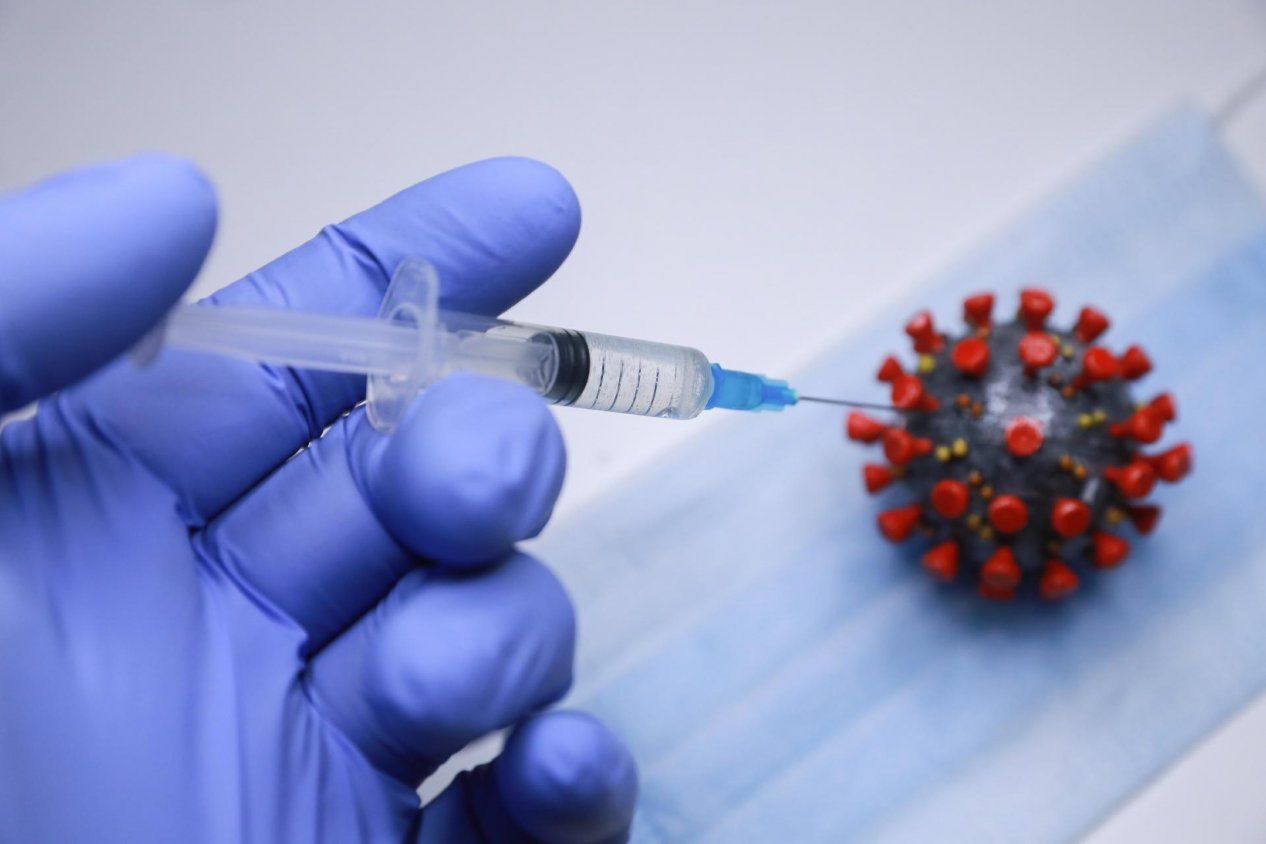
Vaccination is so far the best way of protection from coronavirus, including its Delta strain, said Erkin Rahimov, chief pediatrician of the Azerbaijani Ministry of Healthcare.
“Unfortunately, children are not being vaccinated yet. Therefore, the best way to protect children is to vaccinate all adults. Some people can become infected with coronavirus after vaccination, since no jab protects against infection 100 percent. However, it has been scientifically proven that after vaccination, the disease proceeds in a mild form and there is 95 percent less likelihood of complications. It has been proven that those who didn’t receive vaccine die from the virus,” Rahimov said.
The chief pediatrician stressed the importance of vaccinating 70-80 percent of the population.
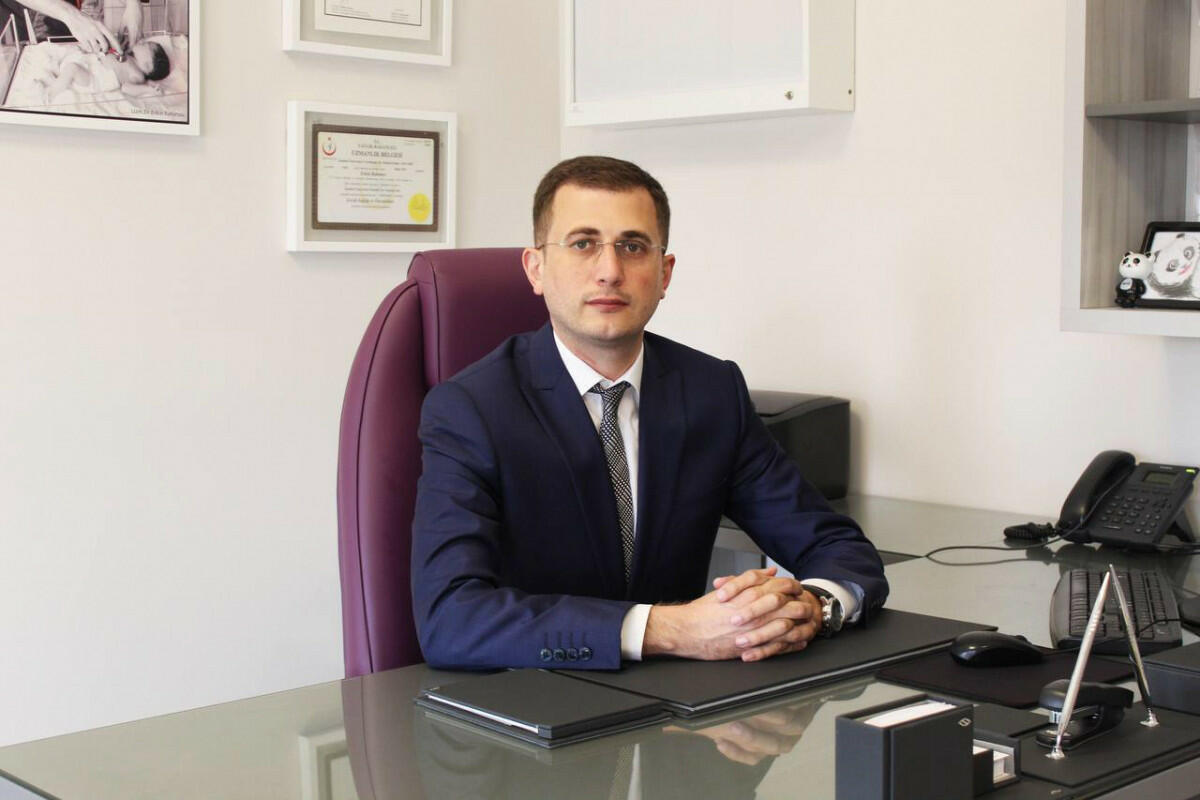
Let’s start with children’s vaccination.
The World Health Organization (WHO) announced in late June for the first time that coronavirus vaccines could be used to prevent COVID in children and adolescents.
Meanwhile, shortly before that, WHO expressed a different opinion.
WHO published new guidelines on its website that are against the use of vaccines to prevent COVID for patients under 18 years. At the same time, children and adolescents are already vaccinated in some European countries, the EMA and FDA approved the Pfizer vaccine for children 12-15 years old, while Russia is going to start clinical trials in this category of the population, Pharmaceutical Bulletin reports.
There is not yet enough data on the use of COVID-19 vaccines in children to recommend vaccinating them, the WHO said. Children and adolescents, as a rule, catch the disease in a milder form than adults. However, children should continue to receive the recommended vaccines for their age.
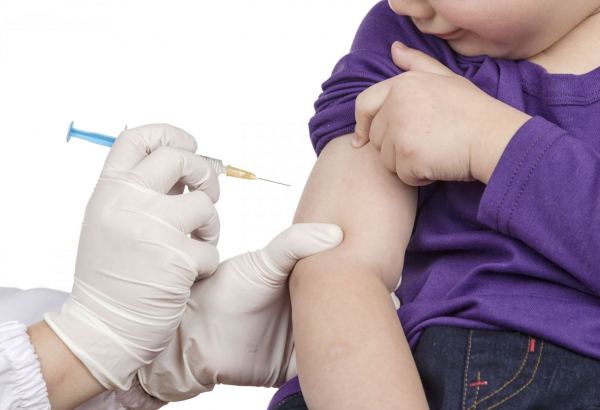
This change of position sparked debate. According to Anna Kuznetsova, Ombudswoman for Children’s Rights of the Russian Federation, it is premature to discuss the topic of vaccination of children against coronavirus, and full clinical trials must be completed before that. “We are talking about the health of our children. We must take this issue as seriously as possible. But even when the vaccine is registered, permission for its use is issued, vaccinations for children and adolescents will be given only with parental consent,” said the children’s ombudswoman.
The first deputy chairman of the State Duma Committee on Education and Science, the former chief sanitary doctor of Russia, Gennady Onishchenko, also believes that there is no urgent need for this yet. The MP said that ‘a slightly different vaccine is needed for children.’
At the same time, he stressed that this is an open question without a definite answer, a thorough expert discussion is required.
Thus, we can conclude that there is still a long way to mass vaccination of children. Experts don’t yet have a consensus on this matter.
Let’s move on to the mortality rate from coronavirus among those vaccinated.
Not a single resident of St. Petersburg who received both doses of the coronavirus vaccine died or ended up in intensive care unit. This is reported by doctors, both directly working in infectious diseases hospitals and those in charge of healthcare. They don’t understand why St. Petersburg residents are willing to risk their lives by refusing the life-saving vaccination.
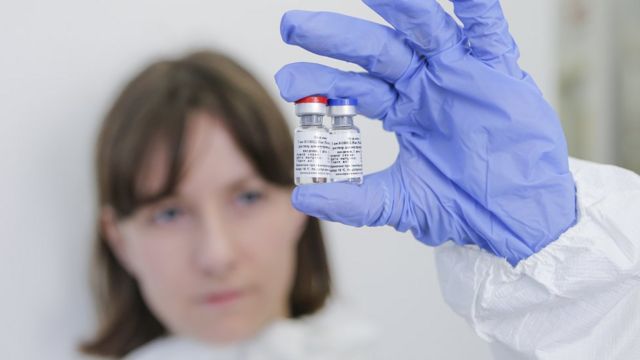
Some 99% of deaths from COVID account for the unvaccinated, an Associated Press analysis based on data from the US Centers for Disease Control and Prevention (CDC) showed. Also, more than 99% of patients admitted to hospitals with complications were not vaccinated.
According to the CDC, 850,000 hospitalization cases were reported in the US in May, with only 1,200 of them accounted for fully vaccinated people - 0.1% of all infected people admitted to hospitals. Also, in May, about 18,000 people died from COVID-19, of which only 150 were vaccinated - 0.8%.
Those vaccinated against the coronavirus are 100% protected from the most severe forms of the disease and from death due to the consequences of the coronavirus, according to the Italian National Institute of Health. Experts estimated the overall effectiveness of vaccines certified in the EU at 80%.
But there are other figures as well. According to the UK Department of Health and Social Care, from February 1 to June 22, 117 patients died in the country, infected with the so-called ‘Indian’ variant. At the same time, as indicated in the document, 50 of the dead were fully vaccinated - this is 43% of the total number of victims of the Delta strain, that is, almost half.
Explaining this frightening fact, British experts note that the vast majority of deaths occur in the new wave of the virus in the UK, which began in June. By this time, more than 90% of Britons at risk have completed the vaccination, mainly the elderly and people with chronic diseases, and young people have just begun to vaccinate. Thus, it is impossible to compare the number of deaths among vaccinated and unvaccinated - these are different age groups. The correct conclusion is that vaccination dramatically reduces the risk of death from COVID for vulnerable populations. Roughly speaking, vaccinated retirees die no more often than unvaccinated young people.
Most of the people who are now dying from COVID-19 have been fully vaccinated. The study found that 29% of the 42 people who died after being infected with the new strain received BOTH doses of the vaccine.
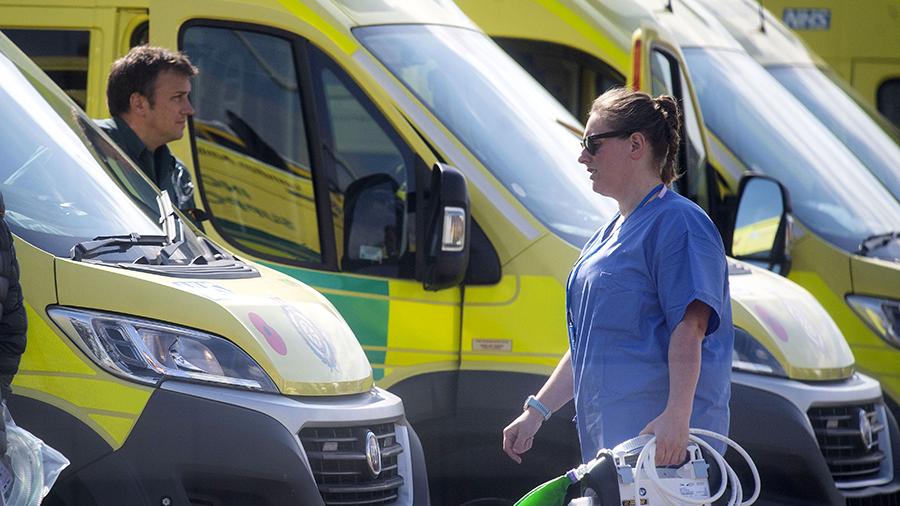
The figure rose to 43% (50 out of 117), with the majority of those who died (60%) receiving at least one dose, according to a report released after a June 25 technical briefing by the UK Department of Health and Social Care.
It is worrying that most people now dying in the UK after being infected with Delta strain (B.1.617.2) have been vaccinated. Does this mean that vaccines are ineffective? Not at all. This is exactly what one would expect from an effective but imperfect vaccine, a risk profile that varies greatly depending on the age of the patients and how the vaccines are distributed.
As explained by a medical scientist, President of the Academy of Preventive Medicine of Kazakhstan Almaz Sharman, vaccinated people also get infected and get sick.
“The virus causes disease, but the vaccine cannot cause disease, because it is not a virus, it is a particle, as I said, that introduces the enemy to the immune system. In 9 percent of cases the protection may not work, but the immune defense is sufficient to prevent the virus from dominating in body. That is why the vaccinated don’t end up in intensive care units. Therefore, the vaccinated do not die. All the fatal cases that we are now seeing are all among those who have not been vaccinated,” Sharman concluded.
The Israeli experts explained why people still get sick after the vaccination. Israeli doctors complain that after vaccination, many people begin to consider themselves invulnerable, don’t use masks and return to everyday lifestyle. Such carelessness in some cases can lead to infection.
According to Jonathan Gershoni, professor at the Biomedicine and Cancer Research at Tel Aviv University, there are several main causes of infection and development of COVID after vaccination.
The first reason: there are no vaccines with 100% protection. The second reason: new strains can reduce the effectiveness of protection. The third reason: the irresistible force of a high viral load. The fourth reason: different levels of immunity. It is also possible that the statistics include people who ‘catch’ the virus between the first and second doses, the doctor said.
Meanwhile, according to the professor of the Azerbaijan Medical University Adil Geybulla, “the pandemic still dominates in the world, especially since the Delta strain affects the vaccinated, in Europe there are cases of infection among those vaccinated with Pfizer, and there are quite a lot of them.
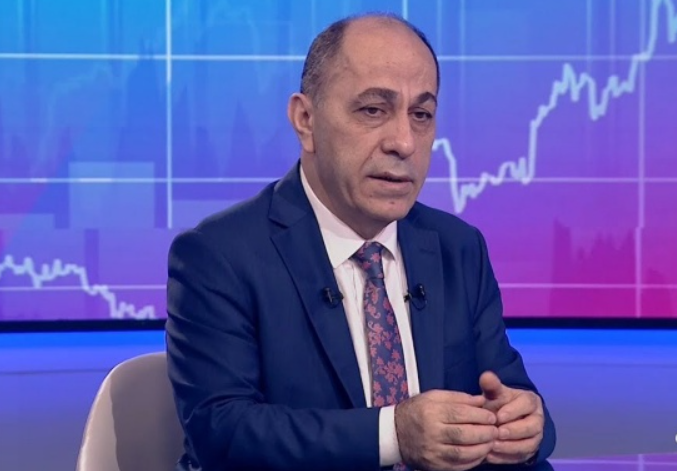
Germany is opening new COVID departments today, which were closed 3 months ago. What does this mean? It means that the real danger of infection still exists. We had to take action when in India the Delta strain killed a huge number of the population, 3,000 people died from this strain every day. We had to understand that this strain will surely break through the borders and spread throughout the world, including coming to our country.”
The doctor urged the Azerbaijani citizens to get out of the state of euphoria.
Head of the WHO, Tedros Adhanom Ghebreyesus, tweeted that the coronavirus vaccine is unable to stop the pandemic, a vaccine will complement the other tools we have, not replace them.
“A vaccine on its own will not end the COVID19 pandemic. We will still need to continue surveillance, testing, isolating & caring for cases, tracing & quarantining contacts, engaging communities, encouraging individuals to be careful,” he said.
That is, as follows from the words of the WHO director general, mass vaccination won’t save humanity from the threat and won’t help it return to normal life.
Thus, in a sense, our research has reached a dead end. On the one hand, vaccination is considered a panacea, on the other, it is argued that it is not a guarantee of salvation from the virus.
Nevertheless, the positive results arising from the practice of using vaccines in the world still speak in favor of vaccination.



